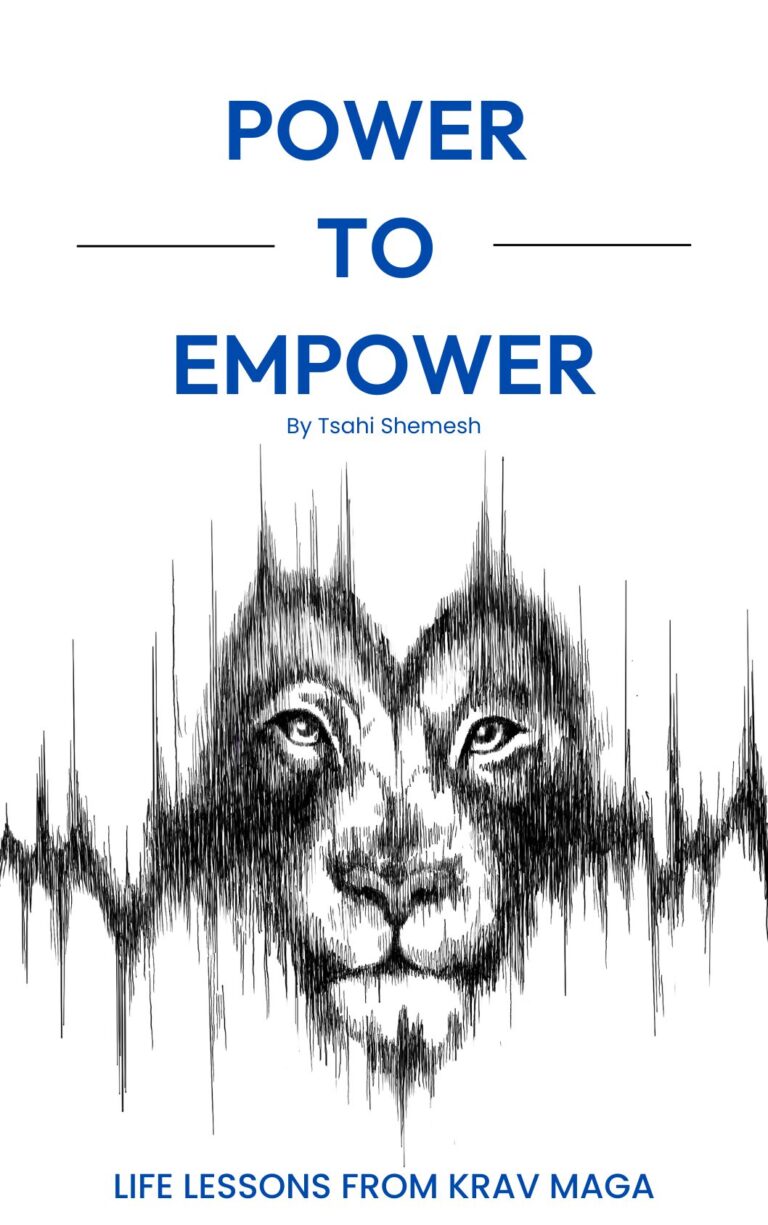
On November 24, 2009, my life changed forever. The day before, I was a civilian, a teenager who just finished high school. On that day, I became a soldier for the state of Israel.
When I entered the army, I received a document called “Ruach Tzahal” (Spirit of the Israeli Army) which would be the ten guiding principles of not only the next three years but have also become the principles I based my life on. Since there was so much to say, I divided it into two articles.
Part One:
1) Human Life
One of the very first things soldiers learn and talk about in the army is the value of human life. Protecting life was our number one priority because all human life is precious. I was now a protector of life. That meant in a life-threatening situation, I had to be willing to sacrifice my own safety to help others around me, regardless of who they are. If they were in the land of Israel, I was there to protect them.
As a soldier wearing a uniform, I represented the army, an institution much larger than me as an individual. If I represent the system badly through my behavior, people will see my entire country around, especially in this age of mass media. If someone fell in the street and I saw but walked away, everyone would think worse of my army.
I also remember it’s my obligation to help others because I had a duty to myself to be the person I was raised to be. That meant I had to treat every person with respect, no matter who they are. I had to be objective, using critical thinking and common sense, and represent myself and my country positively.
I remember when I was returning to base on Sundays after getting weekend leave, I would be rushing because being late meant getting punished. The bus was always packed and if I missed that one, the next one wouldn’t be around for hours, since I was heading to a remote part of Israel. Despite the fact that I was carrying a huge army bag and under the clock, I was not allowed to push my way onto the bus. I had to let civilians board first, even though it meant I’d have to stand the entire way. I could never forget that as a soldier, I had to respect civilians’ rights and not use my uniform to get a seat. However, other people would often return that respect and offer me a seat, which meant a lot to me.
I take these same skills with me everywhere I go in life, treating all people as deserving of fair treatment, and remembering to always conduct myself as if others are watching.
That’s why I tell my students, in Krav Maga, from your very first day, you are a practitioner and that means a level of responsibility. You may have to use your skills to protect others or defend yourself. Do it with the full awareness and respect for others, and how sacred life is.
(2) Purity of Arms
As a soldier, you have a lot of power. The uniform is power and authority, the weapon is power, and being part of a larger system is power as well because you have other soldiers backing you up and a team protecting you. With that great power comes great responsibility, and that means using that power wisely and in a justified manner.
When I was teaching soldiers Krav Maga, I kept emphasizing in every class that we train contact combat in close range, because often times we can’t use our weapon. However sometimes, even if we can use our weapons, we prefer not to shoot and to use other ways to de-escalate the conflict. I trained soldiers to have the confidence and competence not to just always pull their weapons and use deadly force, if another solution was possible.
I’m very proud to have served in the IDF, which goes above and beyond to be precise in targeting only the terrorists and to avoid hurting anyone else. Here is a training video to show how the IDF calls nearby buildings before a bomb strike to keep people safe. Obviously, nothing is stopping the person being called from warning the terrorists, but the IDF takes seriously the idea of the Blackstone Legal ratio, that it is better for ten guilty men to go free than one innocent man to suffer.
Even in your daily life, you have power. Use it in a way that is morally right.
(3) Personal Example
Leading by example is one of the most important ideas. Whatever you want your fellow soldiers to do, you need to be willing to do it yourself.
In the IDF, in every mission, the commander (person in charge of the mission) leads from the front, walking first towards the mission. He tells his soldiers “Acharai” which means “Follow me.”
The higher you are in the chain of command, the closer you are to the front of the line, showing those junior what needs to be done. In the previous military action of Protective Edge, out of the sixty-seven fighters who fell in battle, the majority of them held the ranked Staff Sargeant and above. This includes six captains, three majors, and a Lt. Colonel, who fell in battle alongside their soldiers.
In the IDF, high ranking soldiers aren’t behind desks, calling the shots over the radio from a position of safety. You always see them in the field; you always see them walking around and interacting with the soldiers. You know that they care, and that they have your back. Everyone wants to follow a leader like this.
On a personal note, I would like to honor the memory of my uncle, Lt. Colonel Yaakov “Yankale” Noifeld, a tank commander who bravely led his men into battle and fell in the Yom Kippur war.
My uncle Yaakov exemplified what it meant to be a leader. He constantly learned and improved himself, who was described as having a “special connection” with his soldiers, and worked hard to give his best service at every post. His memory serves as an example to so many, including myself.
In your own life, lead by example. Take the toughest tasks for yourself and make it clear; you are willing to do the work to get the mission done. This can apply at home when you want the kitchen clean and you start cleaning yourself, or at work when you need a difficult project done and take the initiative to start. Make yourself someone who is easy to follow, because you have earned their respect.
(4) Responsibility
Take responsibility for what you are doing. Trust yourself to make the right choices, even when the situation is complicated. Sometimes in life, the choice is simple. If someone is trying to run you over or stab you with a knife, like what happened at the checkpoint a few days ago, you know that the person wants to kill you. It’s very black and white, you know you need to stop them. Your duty is to respond efficiently and quickly as possible, with a commitment to fulfill the mission to neutralize the attacker before they can hurt you or others.
At the same time, you have complicated situations where you have to make tough choices. In those moments, you can’t hesitate, because that is the moment that the enemy will sense weakness and will try to take advantage of that. You need to act with commitment and determination and choose the right response to the best of your abilities.
That doesn’t mean you should be reckless. You must be aware that there are consequences to your actions. The IDF has the back of the soldiers but at the same time, if the soldier does something that violates the principles and rules, there will be an investigation, and a soldier who breaks the law will go to prison like any other criminal. You need to be ready to justify your choices. It’s a big responsibility for eighteen-year-olds, but that is our lives as a soldier.
Apply this idea in your own life. Make the best choices you can and don’t make choices you can’t justify to yourself and others
(5) Comradeship
Camaraderie means that you are no longer only out for yourself. You are part of a team, and you are part of a bigger system. You have to give up a sense of selfishness and know that when someone else needs help, you are going to be the first one there for them. Even when you’re exhausted, you will take the time to bring food to a soldier on guard duty or relieve them of their post so they can rest. Your individual needs are now second to the overall welfare of the group.
In Basic training, we would have long and difficult treks to physically and mentally challenge ourselves. Every time we would approach a hill, it would be a struggle. I remember how soldiers would silently put the hand on the small of the back of the soldier in front of them, lifting the vest to give them a bit of relief from the weight and pushing them up the hill. Since we weren’t allowed to talk, this was just a spontaneous show of brotherhood and literally knowing someone had your back. From the side, there would be this beautiful chain of soldiers supporting their brothers up the hill. A few weeks before, most were total strangers and now, they were family.
When I train students in classes, I tell them they aren’t there only for themselves but for their partners. The only way to improve is to respect your partner and keep them safe and make sure that their partner is learning and challenged. If both partners practice that level of camaraderie, they will improve rapidly and efficiently.
Next week, I’ll continue. I hope this list begins to inspire you.
Kida,
Raz

